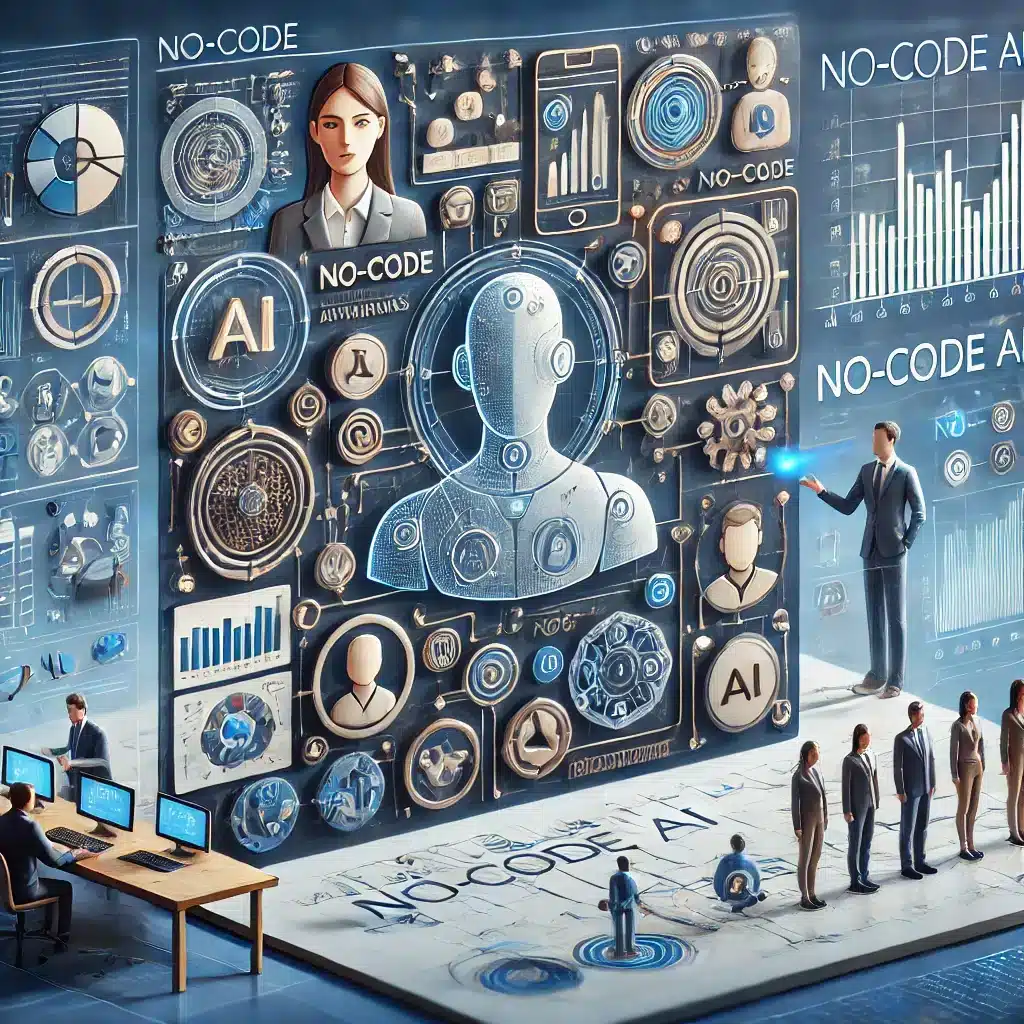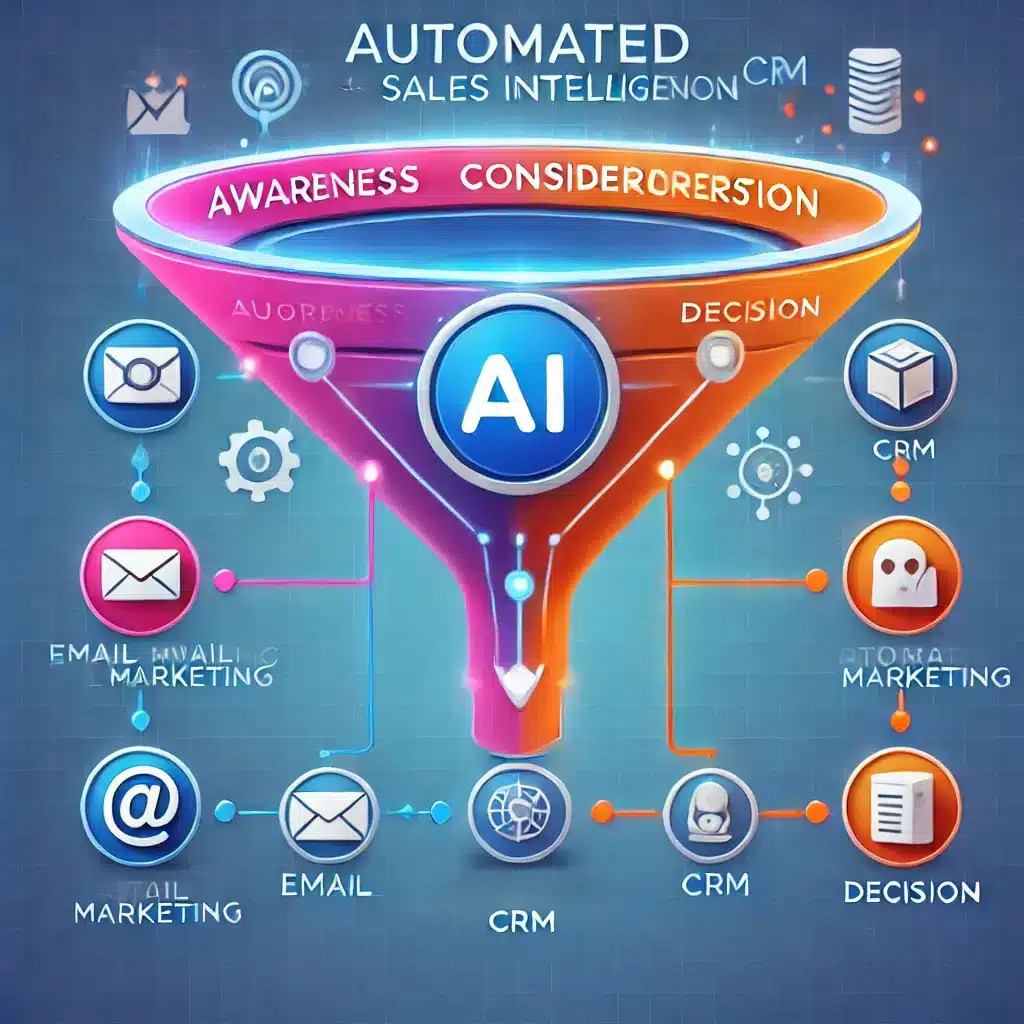Understanding AI Maturity
AI maturity is a crucial factor influencing a company’s ability to effectively implement and scale artificial intelligence technologies. It denotes an organization’s readiness and capability to maximize AI’s potential to drive business value. Companies with high AI maturity often have a strategic vision, executive involvement, and a culture of innovation. For instance, a recent study highlights how some organizations are pacesetters in AI maturity, showing the importance of leadership and strategic partnerships in AI success.
Factors Leading to AI Maturity
Several factors determine a company’s AI maturity. Firstly, active participation from leadership is vital. Pacesetter companies have leadership directly involved in AI initiatives, facilitating cross-departmental collaboration and innovation. Additionally, organizations must strive for a skilled workforce, incorporating both in-house training and external hires to enhance AI competencies. As a result, these organizations capitalize on AI efficiently, reducing silos and improving data management. Moreover, integrating AI into workflows needs a balanced approach in developing AI tools. Companies that blend in-house solutions with vendor-provided tools often reach higher maturity levels.
Challenges in Achieving AI Maturity
Despite the promise of AI, several challenges hinder many companies from reaching full AI maturity. One major issue is the underlying AI infrastructure. According to a report, current data centers are often ill-equipped to handle AI’s computational demands. Consequently, using outdated infrastructure can stifle innovation, preventing organizations from maximizing the potential benefits of AI. Furthermore, financial constraints and technical knowledge barriers also play significant roles, as many organizations find it hard to afford the high costs of AI systems.
Steps to Bridge the Maturity Gap
Organizations can overcome these challenges by employing a strategic approach to AI adoption. Firstly, businesses must optimize their AI infrastructure. This includes updating data center technologies, investing in energy-efficient solutions, and exploring advanced server architectures. Furthermore, fostering a culture of innovation across the company is essential. This environment encourages experimentation with AI technologies, driving creativity and novel solutions. Lastly, strategic partnerships with AI vendors play an instrumental role, offering customized solutions that fit specific business needs while maintaining data security and privacy.
Conclusion
In summary, AI maturity is a multifaceted concept demanding active leadership, skilled workforce, robust infrastructure, and strategic partnerships. Companies embracing these elements lead the AI revolution, reaping substantial benefits in operational efficiency and innovation. Nonetheless, those lagging behind must adopt comprehensive strategies for transformation. By focusing on improving AI infrastructure and fostering a supportive culture, businesses can bridge the gap and fully embrace AI advancements.



